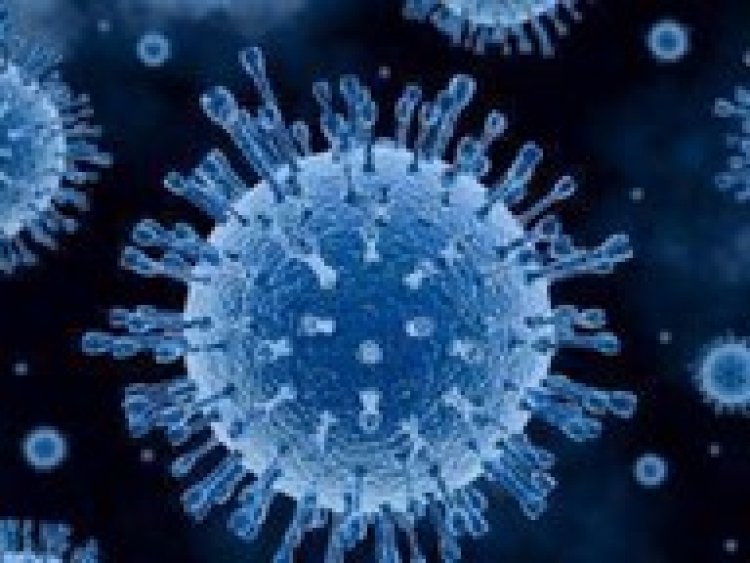Paragraph: 2019 Novel Coronavirus (2019-nCov)
Novel Coronavirus

Coronaviruses are types of viruses that typically affect the respiratory tract of mammals, including humans. They are associated with the common cold, pneumonia, and severe acute respiratory syndrome (SARS) and can also affect the gut. A coronavirus was first isolated in 1937 from an infectious bronchitis virus in birds that has the ability to seriously devastate poultry stocks. These viruses are responsible for between 15 and 30 percent of common colds. Over the last 70 years, scientists have found that coronaviruses can infect mice, rats, dogs, cats, turkeys, horses, pigs, and cattle. Most recently, authorities identified a coronavirus outbreak in China that has now reached other countries. Two particularly dangerous diseases that can be caused by coronaviruses: SARS and MERS. In 2019, the Centers for Disease Control and Prevention (CDC) started monitoring the outbreak of a new coronavirus. Authorities first identified the virus in Wuhan, China. They have named it 2019 Novel Coronavirus (2019-nCov). More than 35,000 people have contracted the virus in China. Health authorities have identified several other people with 2019-nCov around the world, including five individuals in the United States. On January 31, 2020, the virus passed from one person to another in the U.S. The World Health Organization (WHO) have declared a public health emergency relating to 2019-nCov. Some of the first people with 2019-nCov had links to an animal and seafood market. This initially suggested that animals transmit the virus to humans. However, people with a more recent diagnosis had no connections with or exposure to the market, suggesting that humans can pass the virus to each other. Information on the virus is scarce at present. In the past, respiratory conditions that develop from coronaviruses, such as SARS and MERS, have spread through close contacts. However, while some viruses are highly contagious, it is less clear with coronaviruses as to how rapidly they will spread. Symptoms vary from person to person with a 2019-nCov infection. It may produce few or no symptoms. However, it can also lead to severe illness and may be fatal. Common symptoms include: fever, breathlessness and cough. It may take 2–14 days for a person to notice symptoms after infection. No vaccine is currently available for 2019-nCov. However, scientists have replicated the virus. This could allow for early detection and treatment in people who have the virus but are not yet showing symptoms.












